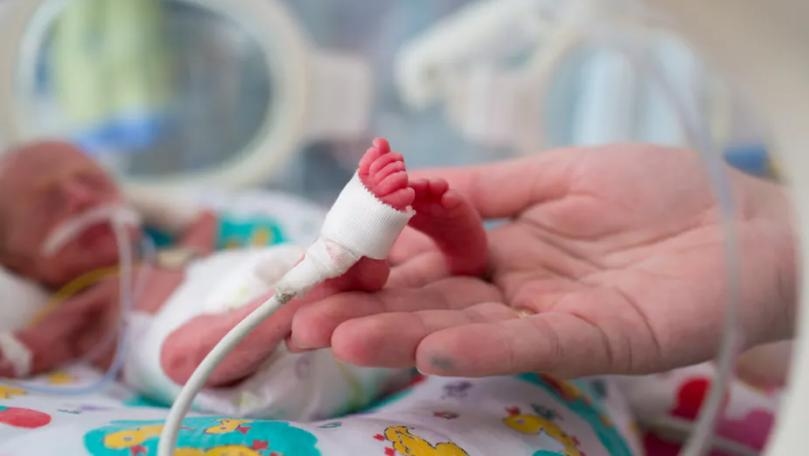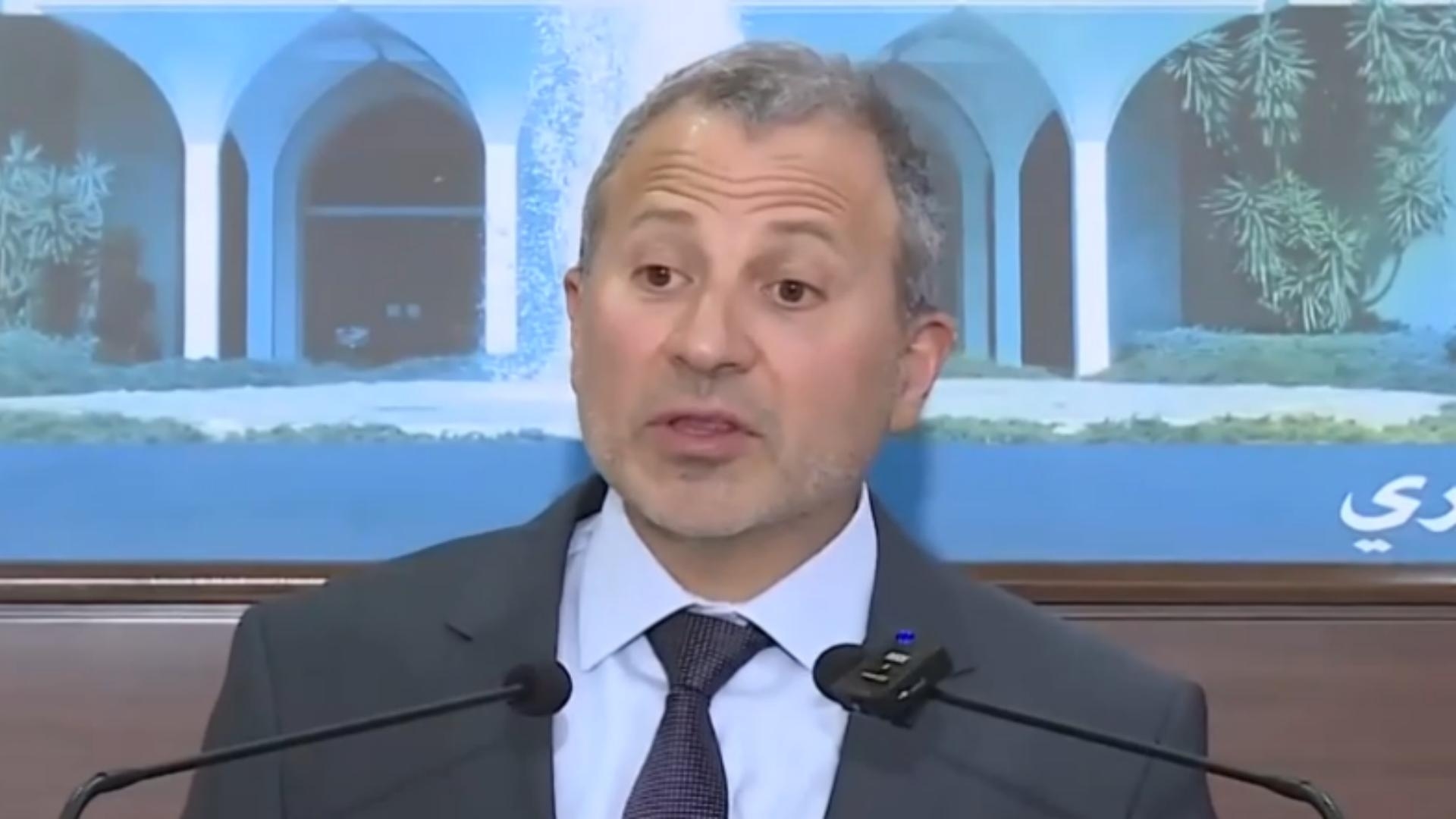Moya Lothian-McLean
The Independent
As a result of advances in medicine, it is now possible to save the lives of babies born at 22 weeks, new guidelines say.
Previous guidance from the British Association of Perinatal Medicine advised doctors to only administer life-saving treatment to babies born at 23 weeks or later.
Medical progress, including steroid use and better equipped specialist units - mean that there are now cases of babies born at 22 weeks who live, although chances of survival remain low.
BAPM report one third of babies delivered at 22 weeks now survive, although roughly seven out of 10 babies born at this stage die, despite treatment.
Out of 486 fetuses delivered at 22 weeks in 2016, 300 died.
A further 140 were not in a condition where saving them was deemed an option; instead, palliative care was administered to ease suffering.
"We've got better at keeping extremely premature babies alive and we know clinicians are increasingly willing to consider survival-focused care for the most extremely premature babies," said Dr Helen Mactier, President of the BAPM.
"We have a responsibility to offer the best possible care to the baby and consistent advice and guidance to worried parents."
In August 2018, Reuben and Jensen Powell defied odds to become the youngest pre-term twin boys in the UK to survive birth, when they were delivered at 22 weeks and six days.
However, Dominic Wilkinson, Professor of Medical Ethics at the University of Oxford, told the BBC that providing medical treatment to premature infants was not always "the right thing to do."
"It is possible, in 2019, to save babies who could not previously have survived. That is fantastic news," he said.
"But the very high risks mean that it is not always the right thing to do to provide intensive medical treatment.
"We can't say what might be possible in the future but we are coming up against the limits of physiology."
The BAPM still advises that babies born before 22 weeks have no chance of survival due to their lungs being underdeveloped.









